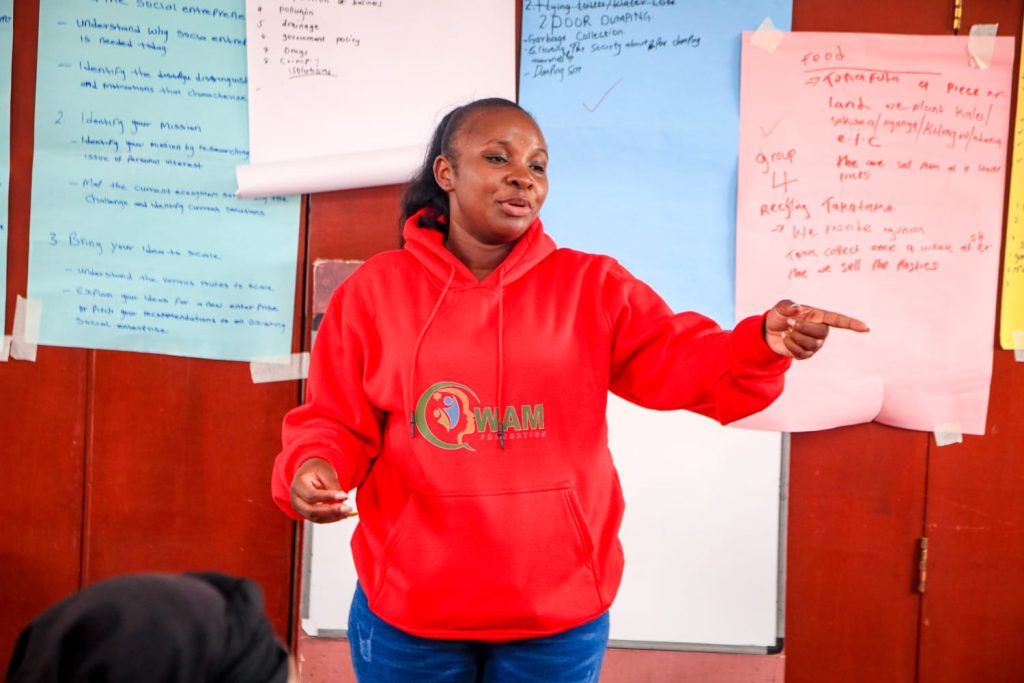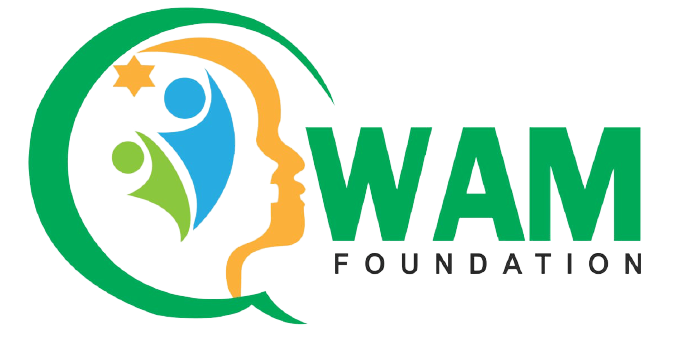
In addressing issues such as clean water access, sanitation, and overall community health, education plays a pivotal role. At CWAM Foundation, we believe that empowering communities with knowledge is just as important as providing resources. By equipping individuals with the skills and understanding they need, we foster sustainable practices that lead to long-term improvements in health, hygiene, and overall quality of life.
Why Education Matters: Building a Foundation for Change
Education is more than just disseminating information; it’s about fostering a culture of awareness and proactive engagement. When communities are educated about the importance of clean water, proper sanitation, and hygiene, they are better equipped to manage these resources effectively and sustain improvements over time. Here’s why community education is essential:
- Promotes Health and Hygiene: Educating community members about proper hygiene practices, such as handwashing with soap, safe water storage, and sanitation, significantly reduces the incidence of waterborne diseases. Awareness campaigns and training sessions help individuals understand how their actions impact their health and the health of those around them.
- Encourages Sustainable Practices: When people are informed about the benefits of clean water and sanitation, they are more likely to adopt and maintain these practices. For example, knowing how to properly maintain a latrine or the importance of keeping water sources clean leads to more consistent and effective use of these facilities.
- Empowers Local Solutions: Education fosters self-reliance and innovation. By providing communities with the knowledge and skills they need, we enable them to develop and implement their own solutions to local challenges. This empowerment leads to more sustainable and locally-driven approaches to problem-solving.
CWAM Foundation’s Approach to Community Education
CWAM Foundation’s approach to community education is comprehensive and participatory. We believe in engaging community members at all levels to ensure that the information we provide is relevant, actionable, and embraced by those it aims to benefit. Our educational efforts include:
1. Workshops and Training Sessions:
We conduct interactive workshops and training sessions that cover various topics related to water and sanitation, health, and hygiene. These sessions are designed to be practical and engaging, often featuring demonstrations, discussions, and hands-on activities that reinforce key concepts.
2. Public Awareness Campaigns:
Our awareness campaigns use multiple channels to reach a broad audience. This includes community meetings, local radio broadcasts, flyers, and posters. By using diverse communication methods, we ensure that our messages reach different segments of the population, including those who may have limited access to formal education.
3. School Programs:
We partner with local schools to integrate water and sanitation education into the curriculum. Through classroom sessions, educational materials, and school-based hygiene initiatives, we aim to instill good practices in children from an early age. Schools also serve as hubs for spreading knowledge to families and the wider community.
4. Community Leaders and Influencers:
Engaging local leaders and influencers is crucial for driving change. We work with respected figures in the community to advocate for better hygiene practices and sanitation. Their support helps to legitimize our efforts and encourages others to follow suit.
5. Support and Follow-Up:
Education is an ongoing process. We provide continuous support and follow-up to ensure that communities are implementing what they’ve learned. This includes periodic evaluations, refresher training sessions, and addressing any challenges that arise.
Success Stories: The Impact of Community Education
The impact of our educational initiatives is evident in the success stories from communities we have worked with. For instance, in a rural village in Makueni County, our training sessions on proper sanitation and hygiene led to a dramatic decrease in the incidence of waterborne diseases. Residents reported improved health outcomes and greater satisfaction with their sanitation facilities.
Another success story comes from a school in Nairobi, where we implemented a comprehensive hygiene education program. Students who participated in the program not only adopted better hygiene practices but also took the lead in educating their families and peers. This ripple effect has contributed to healthier practices across the community.
Looking Ahead: Expanding Our Educational Efforts
CWAM Foundation remains committed to expanding our community education efforts. We plan to increase the reach of our workshops, enhance our public awareness campaigns, and deepen our partnerships with schools and community leaders. By continuously improving and adapting our educational strategies, we aim to ensure that more communities benefit from our initiatives and that the knowledge we provide leads to lasting, positive change.
Join Us in Our Mission
Community education is a cornerstone of sustainable development and health improvement. CWAM Foundation invites you to support our educational initiatives and join us in our mission to empower communities with the knowledge they need to thrive. Your support can help us expand our reach, improve our programs, and make a lasting impact on the lives of those we serve.
Together, we can build a future where every community has access to clean water, proper sanitation, and the knowledge to maintain these vital resources for generations to come.
